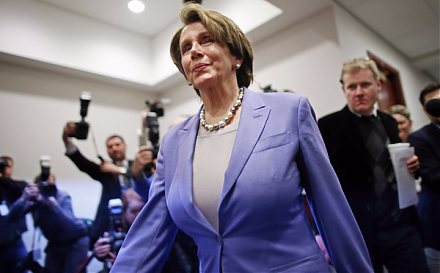

Search results : corporate social responsibility
2022-11-15 10:30:00 Tuesday ET
2022-11-05 11:32:00 Saturday ET
2022-10-25 11:31:00 Tuesday ET
2022-04-15 10:32:00 Friday ET
If any of our AYA Analytica financial health memos (FHM), blog posts, ebooks, newsletters, and notifications etc, or any other form of online content curation, involves potential copyright concerns, please feel free to contact us at service@ayafintech.network so that we can remove relevant content in response to any such request within a reasonable time frame.
2019-11-03 12:30:00 Sunday ET

Chinese trade delegation offers to boost purchases of U.S. agricultural products to reach an interim trade deal with the Trump administration. Chinese Vice
2019-08-08 09:35:00 Thursday ET

Kobe Bryant and several other star athletes have been smart savvy investors. In collaboration with former Web.com CEO Jeff Stibel, the NBA champion invests
2017-08-13 09:36:00 Sunday ET

Several investors and billionaires such as George Soros, Warren Buffett, Carl Icahn, and Howard Marks suggest that the time may be ripe for a major financia
2020-02-02 10:31:00 Sunday ET

Our proprietary alpha investment model outperforms the major stock market benchmarks such as S&P 500, MSCI, Dow Jones, and Nasdaq. We implement
2018-09-03 09:31:00 Monday ET

Amazon follows Apple to become the second American public corporation to hit $1 trillion stock market valuation. Amazon's founder and chairman Jeff Bezo
2018-11-29 11:33:00 Thursday ET

A congressional division between Democrats and Republicans can cause ripple effects on Trump economic reforms. As Democrats have successfully flipped the Ho